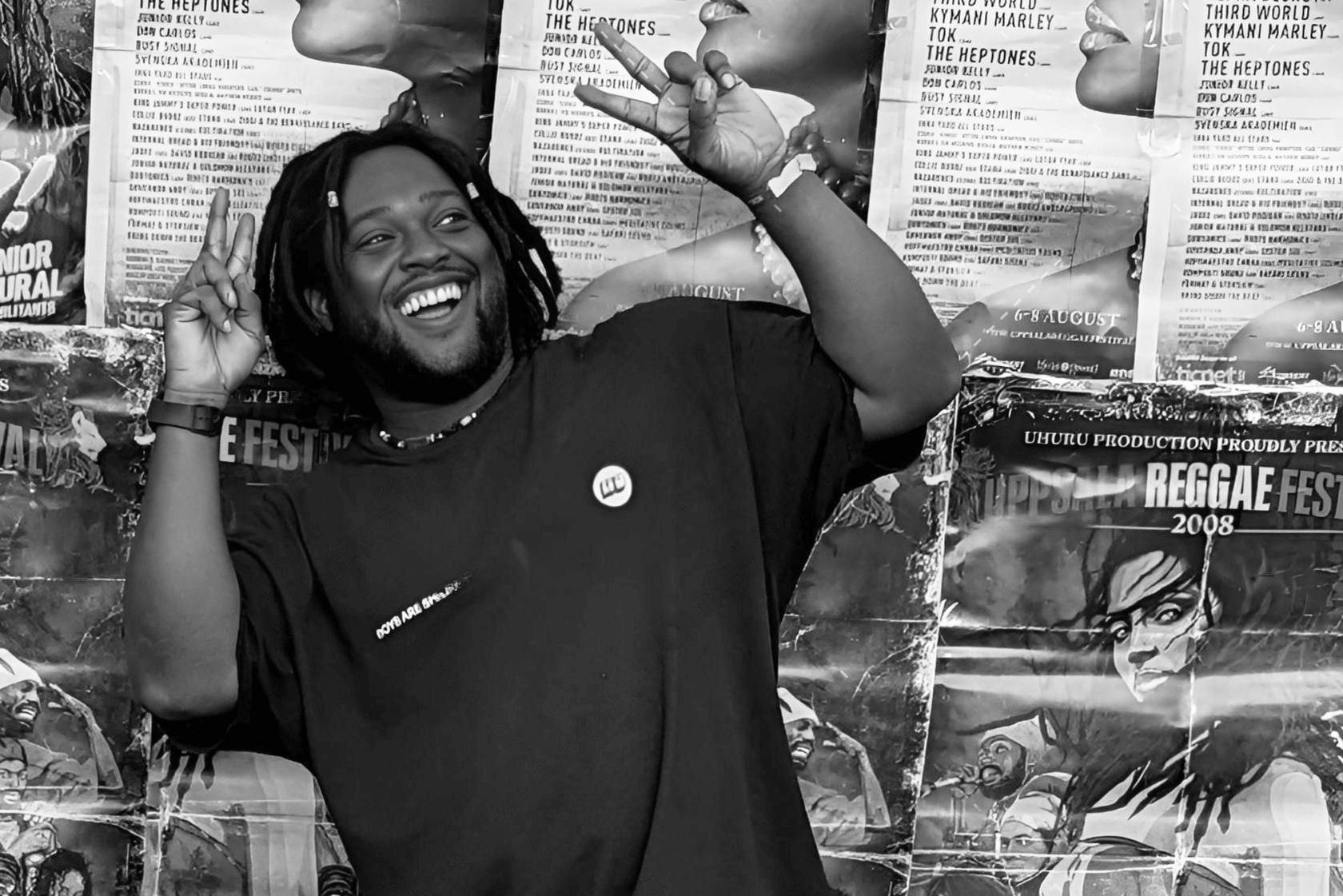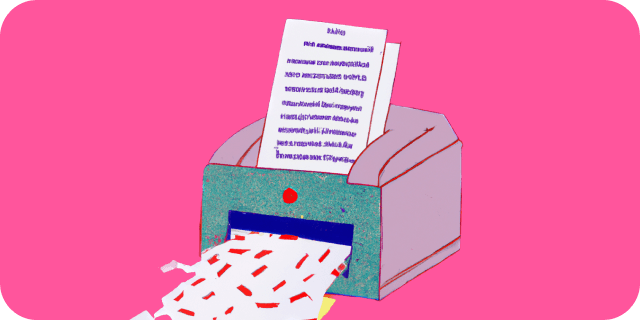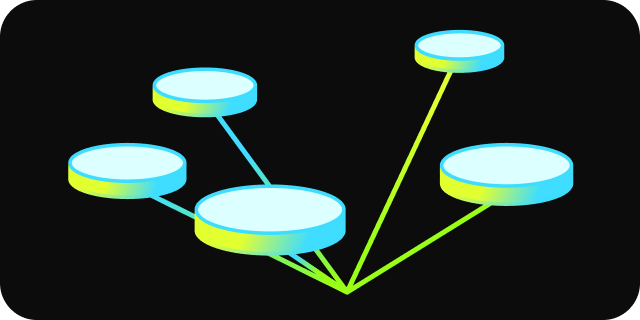
Music producer and the co-creator of Nigerian Boys
Ezim Osai
the journey by enty
How the Boys roll: the inspiring story of Ezim Osai and his project Nigerian Boys
Business is not only about money and paperwork. Most of all, it’s about people, inspiration, and passion. With that in mind, we present you the Journey — a project where entrepreneurs share how they started their businesses, what made them successful, what drives them, and how they came up with what they ended up doing.
Today’s guest is our longstanding client Ezim Osai, a recording artist, music producer, designer, and the co-creator of Nigerian Boys, an art collective producing merchandise items for alternative African music acts as well as recording, releasing, and promoting their music.
Today’s guest is our longstanding client Ezim Osai, a recording artist, music producer, designer, and the co-creator of Nigerian Boys, an art collective producing merchandise items for alternative African music acts as well as recording, releasing, and promoting their music.
There’s inherent value in Africans sharing African stories, and we want to contribute to that as much as possible
Early influences
The very first piece of music I owned was Linkin Park's Meteora. I got that album as a gift from my brothers when my aunt bought us a Sony Walkman. I grew up running to the living room to catch Daft Punk's One More Time music video on MTV and listening to Meteora on my breaks from school.
The next album I fell in love with was The Documentary by The Game. I played that CD over and over until it skipped. That album was so influential to me that I wrote my first song to a The Game beat when I was 12. I never kept up with writing music though — somehow I had convinced myself I was bad at it.
Growing up with parents interested in arts, I soon found myself listening to artists in the Nigerian music scene, such as Mike Okri, Fela Kuti, Koffi Olomide,and Bright Chimezie. As my tastes developed, I also found a love for classical music in the like’s of Tchaikovsky’s Swan Lake, Dance of the Sugar Plum Fairy and operas like Mozart’s Don Giovanni and Bizet’s Carmen. In turn, this led me to take an interest in symphonic metal bands like Apocalyptica fusing classical music with rock.
If I could pick one song that influenced me to start making music again, it would be Daft Punk's Giorgio by Moroder. It basically told me to get out of my head and just do it, and I haven't looked back ever since.
My affinity for visual art and design has also started at a very young age. I drew my first comic book when I was 8. It was based on an X-men game. I started to learn the ropes of design during my first year at the University of Ibadan. Shortly after I decided to try my hand at fashion design and began creating t-shirts under the imprint Libertines. Looking back, I realize that this experience laid the foundation for what we do at Nigerian Boys today.
The inception of Nigerian Boys
The idea for Nigerian Boys was born from the combination of two different experiences. The first of them was Chimamanda Adichie's TED Talk, "The Danger of a Single Story". The way she emphasizes the importance of telling our own stories and finding our unique artistic voice has really resonated with me. I still find a lot of inspiration in that idea.
The second thing that informed the inception of our collective was my experience in the mosh pit at the concert of the death metal band Rotting Christ in Uppsala, Sweden, in 2021. I was struck by the diverse crowd that had gathered to support the band. There were fans from all corners of Sweden, but then there were also lots of people from other continents like myself. The sense of community was so strong there.

Ezim performing at the Bus Stop event in Lagos
The thing that struck me the most at that concert was how metalheads approached band merch as a way to express their identity. I noticed that band t-shirts and patches played a huge part in identifying with others and telling people around you who you are. I realized I wanted something similar for the artists in the African scene and their fans.
I spent the next couple of years researching the African market and the community. Ultimately, I didn't manage to find any major players on the market catering to the everyday person, so enter Nigerian Boys. By that time we had already been active as a music label for some time, so the idea of making merch as a means to support artists and help fans better connect with the art complemented our concept perfectly.
We didn’t start working as a collective until early 2023, when we began planning the release of my partner Charles Majek’s debut EP under his new moniker. With his project The Life and Death of Sixth Cell, we began our experimentation in earnest — from music strategy to merch, video, live experiences, and more.
Making merch and recording music
I like to think of Nigerian Boys as a platform for Africans at home and Africans in the diaspora to tell our own stories. This reverts back to that TED Talk I mentioned earlier: there’s a lot of inherent value in Africans sharing African narratives, and we want to contribute to that as much as possible. This project is a way for us to spotlight local artists that make beautiful music and impact the culture away from the mainstream consciousness.

A promo shot for the West African Goat collection featuring Paybac Iboro (on the left) and Ezim's collaborator Charles (on the right)
When it comes to creating merch, our goal is to make good clothes that people can wear on a regular basis, like the twenty-year-old Guns N’ Roses t-shirts that are still in wearable condition today. Since the rise of music streaming, and especially after COVID, merch sales have become probably the most reliable source of revenue for artists who aren’t mega stars, so I think it’s important to make long-lasting and well-designed clothes that will be perceived as wearable pieces of art by the fans and thus be in high demand. This way we can support artists and facilitate the creation of what I call an "artistic middle class", where upcoming and moderately popular artists can make a comfortable living as full-time musicians.

A promo shot for the West African Goat collection featuring Paybac Iboro (on the left) and Ezim's collaborator Charles (on the right)
When it comes to creating merch, our goal is to make good clothes that people can wear on a regular basis, like the twenty-year-old Guns N’ Roses t-shirts that are still in wearable condition today. Since the rise of music streaming, and especially after COVID, merch sales have become probably the most reliable source of revenue for artists who aren’t mega stars, so I think it’s important to make long-lasting and well-designed clothes that will be perceived as wearable pieces of art by the fans and thus be in high demand. This way we can support artists and facilitate the creation of what I call an "artistic middle class", where upcoming and moderately popular artists can make a comfortable living as full-time musicians.
When working on collections, we often collaborate with other designers: for instance, our upcoming collaboration with DOTTi The Deity has been designed by their in-house designer, Sheyi Owolabi. With the West African Goat line that we launched in 2023 with Paybac Iboro, I designed most of the merchandise items myself, but the all-over print hoodie is actually an older design from Paybac's friend and rapper, Barzini. With our signature collection, I worked with my partner Charles Majek to conceptualize the designs, and he is the model in our store photos.
We approach every marketing campaign for our merch as a lifecycle where we can get the most value from every interaction. I’ll take our West African Goat line as an example again. When making promo materials for that collection, we arranged for Paybac's sister, Edikan, to fly into Stockholm for an urban shoot that my friends Marie Mazer and Reni Dallaku helped create. Then we used this shoot for our release party in Lagos called Bus Stop. During this event, we officially launched Paybac's merchandise and invited all his fans who had purchased the merch to come and perform with him onstage. Using footage from that performance, we’ve produced a music video and a series of short-form content that will find further use in our marketing efforts. By working this way, we basically get to do several different promo activities for the price of one.

A picture from the Stockholm photoshoot featuring Paybac's sister Edikan
When producing music for artists on our label, I always try to imagine the medium in which a song will live. Is it meant to be performed or streamed? Are we making this for a film, a game, ads or just end use consumption? Answering these questions typically allows me to figure out how I should approach a particular song and who I can reach out to for help.
As a producer and a recording artist, I’m constantly experimenting with new sounds and styles in pursuit of a song that could become the next generational hit. My next project, Ostra Skogen, will be a fusion of afrobeats, jungle, funk carioca, and drum 'n' bass. It is set to release this year along with hopefully a short film, which I am making with a film collective based in Stockholm called FilmBase. We will also release our debut EP as Nigerian Boys titled Afrotronica together with Grammy-nominated producer SirBastien. We are planning to take merch production and marketing to the next level with this record, so I’d say it’s really something to look forward to.
The journey continues
Starting and running Nigerian Boys has been a rewarding journey. It's been an opportunity to work with my friends and some of the best artists of our generation producing music, events, memories, and moments that will last a lifetime.
We are excited to continue exploring new avenues of creativity and pushing the boundaries of what's possible in the music industry. We’re aiming for Nigerian Boys to become the home of African artists' merchandise in the next 10 years. This is a rather ambitious goal, but we have what it takes to get us there.
Reflecting on my journey so far, the one lesson I’d share with other creatives and entrepreneurs would be this: see your craft as a means of making positive change in the world. Find what change you want to effect and use your craft as a tool to make that change happen. It may not be easy, but it will certainly be rewarding in the long run. You don't need to be huge to have an impact. You just need to have a story to tell and the courage to tell it. Last but not least, be kind — treat people with love and respect, and extend a helping hand to those in need.
Thank you for reading Ezim’s story, hope you’ve enjoyed it. If you are looking to share your story, please leave us the form below and we will contact you back. Cheers!



















